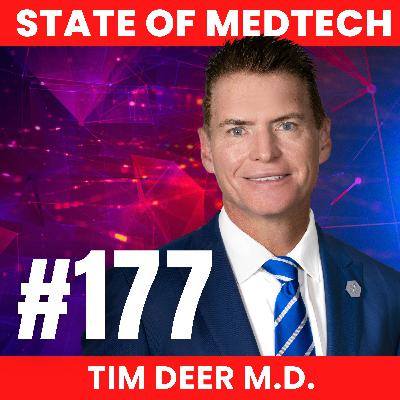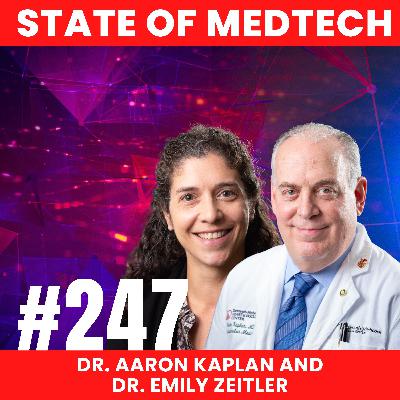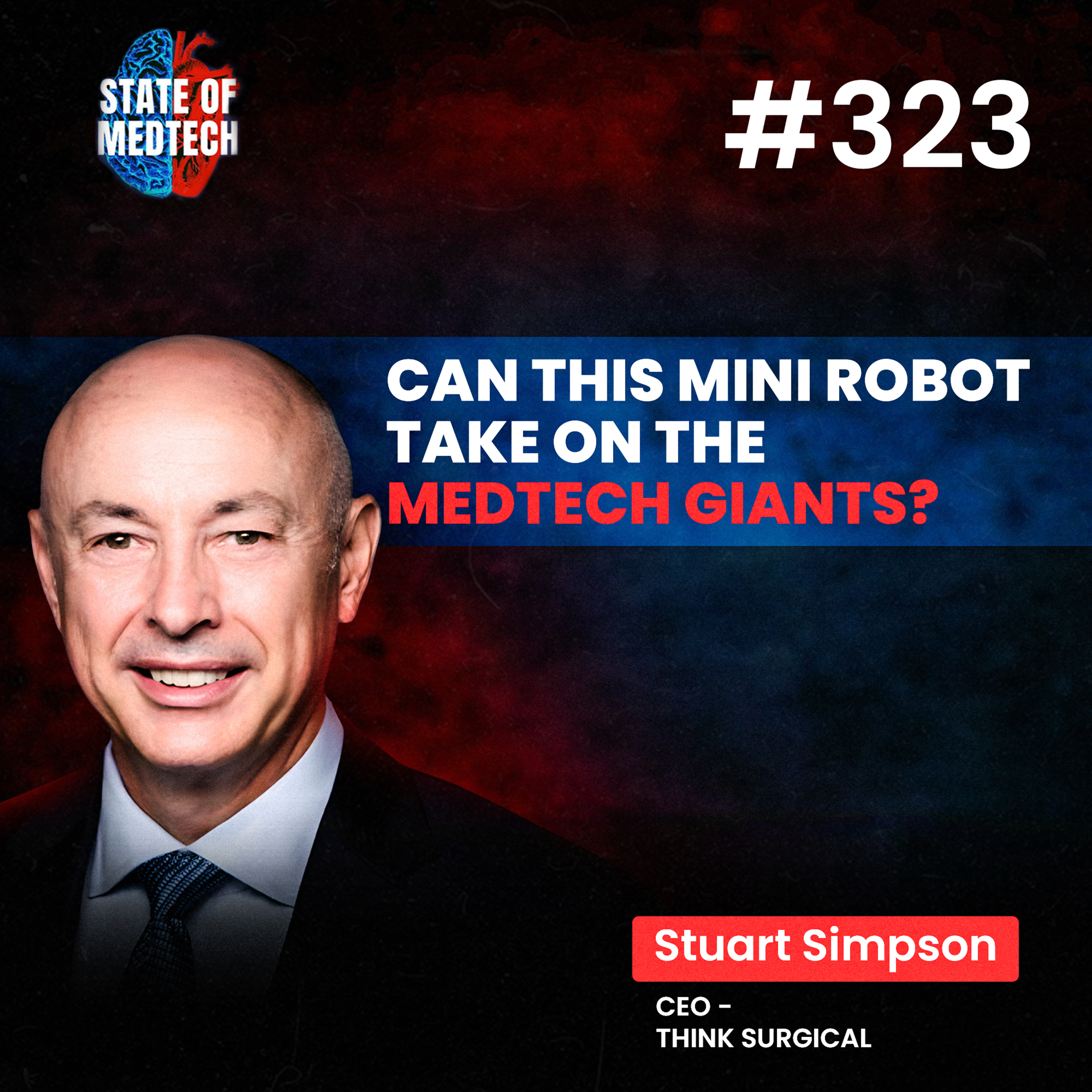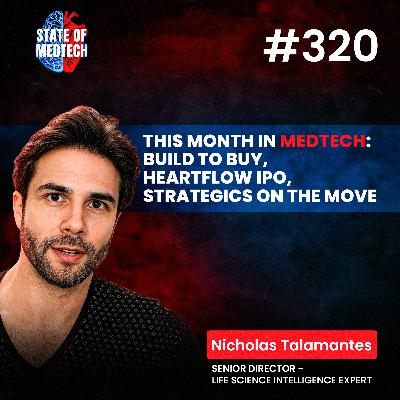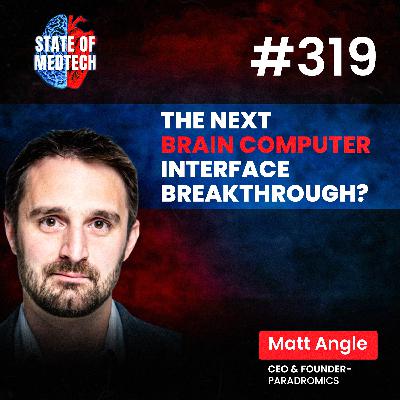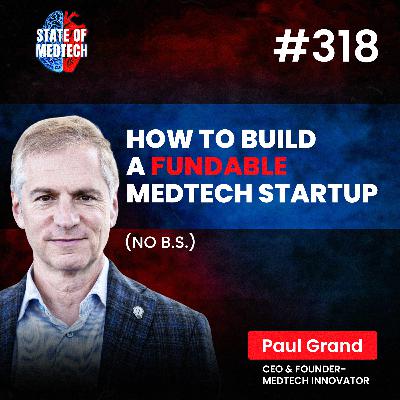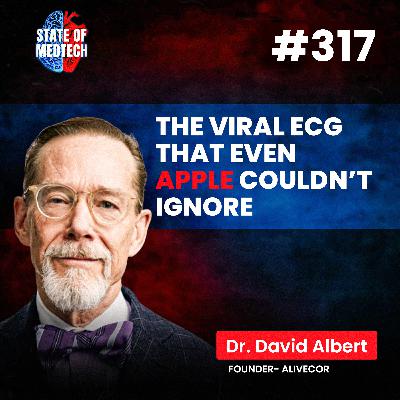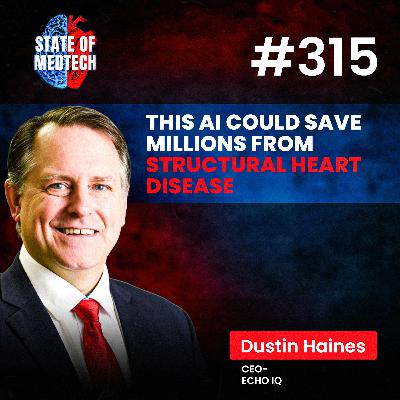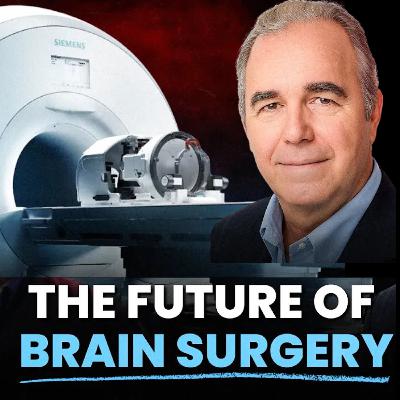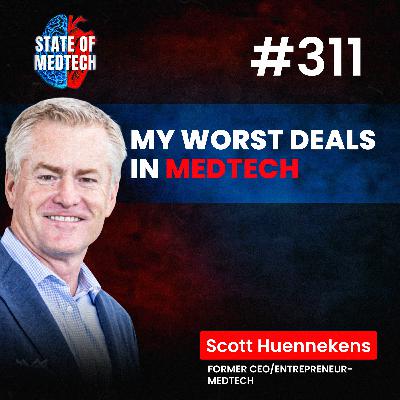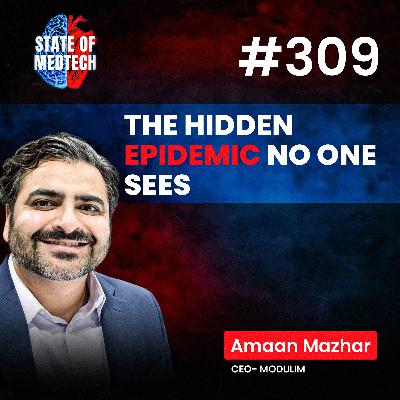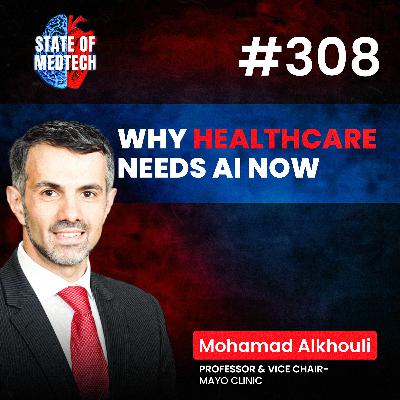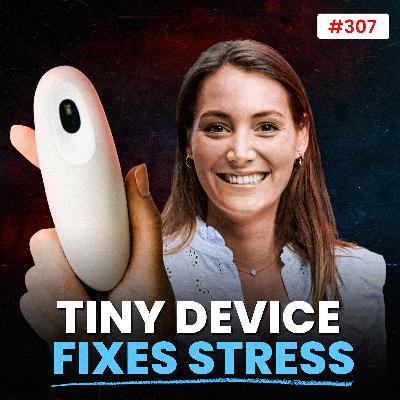Stroke: Dr. Thomas Devlin on Robotic TCD, Stroke Workflows, & Detecting Missed PFOs
Description
Why are so many strokes in young patients missed? Dr. Thomas Devlin, nationally recognized stroke neurologist and executive medical director at CHI Memorial, explains how robotic transcranial Doppler (TCD) is reshaping stroke and PFO pathways.
We cover why TCD is more sensitive than traditional echo, what the Bubble Trial revealed, and how robotic automation is changing workflows in neurology and cardiology.
Episode Breakdown
00:00 – Opening and the challenge of detecting PFO with echo
01:11 – Introducing Dr. Thomas Devlin and the Bubble Trial
03:01 – Why strokes in young patients often go unexplained
05:25 – EEG vs robotic TCD: sensitivity and workflow
07:09 – Why PFO must always stay on the differential
10:13 – Meta-analyses and limitations of echo sensitivity
12:29 – Advantages of robotic TCD and real-world performance
15:46 – Benefits for techs and labs: automation and ease of use
16:06 – The Bubble Trial: robotic TCD detects 3x more large shunts
18:02 – Case study: negative echo, positive robotic TCD, large PFO
19:41 – Editorial response and the call for independent validation
20:16 – The Bubble-QE study: real-world validation and outcomes
22:53 – Multicenter results: robotic TCD vs echo and TEE
24:11 – Integrating robotic TCD into national cryptogenic stroke protocols
26:50 – How the Pascal score guides closure decisions
30:00 – Economics: reimbursement and hospital adoption
33:05 – Building trust between neurologists and cardiologists
35:00 – Guidelines and national rollout of robotic TCD
37:05 – Comparing manual vs robotic: why automation wins
42:54 – Structure, incentives, and improving stroke workups
46:47 – Who “owns” the neurovascular lab: neurology vs cardiology
50:16 – Reimbursement and payer considerations 55:38 – Lessons from emerging economies and value-based innovation
58:13 – Future use cases: ambulance, helicopter, and OR monitoring
1:03:34 – Final thoughts and why this is the third chapter of stroke innovation
Are you a medtech CEO in need of some marketing help attracting investors, growing sales pipeline, and more? Go to GrowMyMedtech.com to book time for a free analysis.
Subscribe to our Youtube Channel
https://www.youtube.com/channel/UCGpL_rGt1LQJwinMq_K7gfg
Subscribe to our LinkedIn Newsletter
https://www.stateofmedtechpodcast.com/
Follow The State of MedTech on
LinkedIn https://www.linkedin.com/company/thestateofmedtech
Instagram https://www.instagram.com/stateofmedtech/
TikTok https://www.tiktok.com/@stateofmedtech
X https://twitter.com/StateofMedTech
Facebook https://www.facebook.com/stateofmedtech/
Follow Omar M. Khateeb on
LinkedIn https://www.linkedin.com/in/okhateeb/
Instagram https://www.instagram.com/omar.m.khateeb/
TikTok https://www.tiktok.com/@omarkhateebofficial
X https://twitter.com/OmarMKhateeb
Facebook https://www.facebook.com/OmarMKhateeb/
#Stroke #Medtech #PFO #Robotics #Diagnostics #HealthcareInnovation


